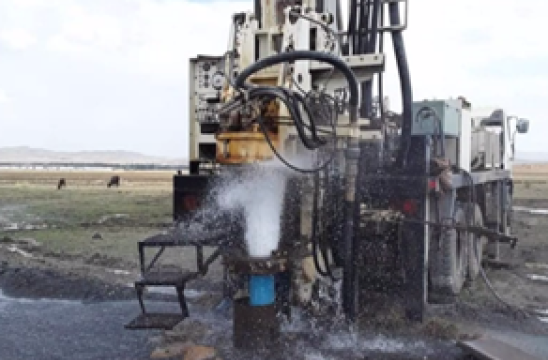Project Overview
Since 1971, the LWF Ethiopia program has managed to execute a sizeable number of relief and rehabilitation projects including soil and water conservation, refugee assistance, and integrated community development projects focusing on resilience building, food security and livelihoods. Over the years, LWF Ethiopia has expanded its operational areas to strengthen the response to diverse relief and development crises.
The overall objective of the LWF Ethiopia development projects is to contribute to poverty reduction and the creation of sustainable development processes. The Food Security and Livelihoods projects aim to assist households to achieve sustainable food security through improved agricultural production and livelihoods, which go hand in hand with ecological management of the natural resources and community empowerment. With enhanced capacities and participation, the target communities are equipped to manage and spearhead the development process in their area –increased ownership translates into increased wellbeing.
LWF is also working with Sudanese, South Sudanese and Somali refugees in seven refugee camps providing Water, Hygiene and Sanitation services, as well as Livelihoods, Environmental Protection and Community-Based Psychosocial Support, including host communities also as beneficiaries of refugee assistance projects in accordance to the “Do No Harm” approach.
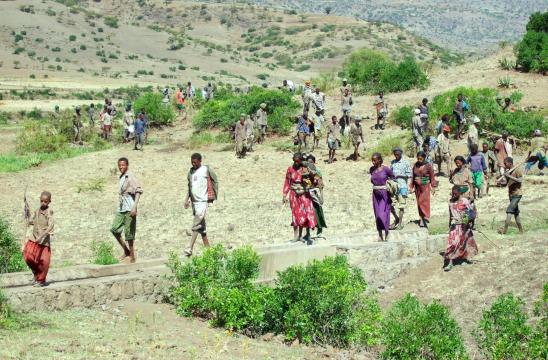
Location: Lalibela and Lasta Woredas, Amhara region
Number of projects:1
Sectors: Agriculture and Natural Resources Conservation & Management
Funding Partners: CLWR/CFGB
Location: Tigray Region Southern Zone, Ashungura, Machiew, Raya Alamata and Raya Azebo
Number of projects: 2
Sectors: Emergency Response
Beneficiaries: 1260
Funding Partners: IOM
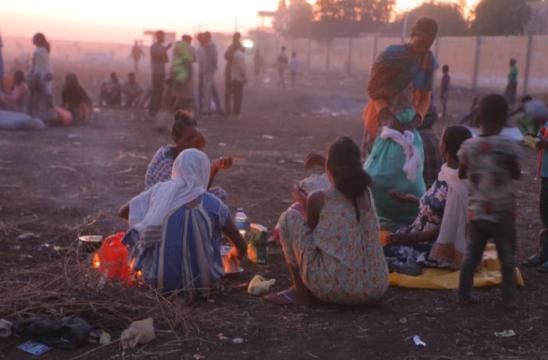
Location: Tigray, and Southern Nations, Nationalities, and Peoples (SNNP) regions.
Number of projects:1
Sectors: Emergency response
Funding Partners: ALWS, Primate’s WRDF Canada, Evangelical Lutheran Church in America, and Icelandic Church Aid
Location: Jijiga & Tuli Woredas, Somali region
Number of projects:1
Sectors: Agriculture, Natural Resources Conservation & Management (NRCM), Water Supply, Livelihoods, and Community Capacity Building
Beneficiaries: 57,200 (43% Female)
Funding Partners: ICA
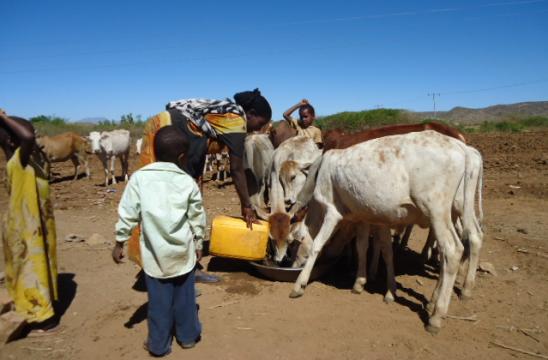
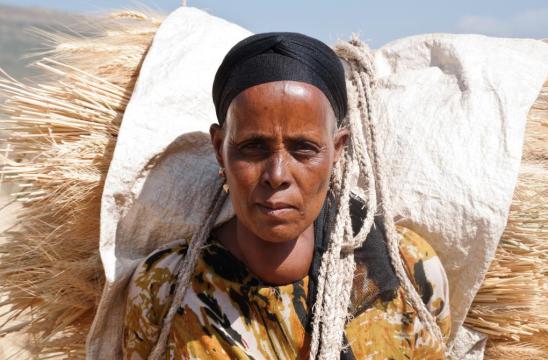
Location: Gursum, Oromia region
Number of projects:1
Sectors: Agriculture, Natural Resources Conservation & Management (NRCM), Water Supply, Livelihoods, and Community Capacity Building
Funding Partners: BftW and ELCA
Location: Bambasi Refugee Camp Assosa, Benishangul Gumuz region
Number of projects:2
Sectors: Livelihoods, Environmental Protection and Psycho-social Support
Beneficiaries: 6,921 (51% Female)
Funding Partners: Act Cos, GIZ
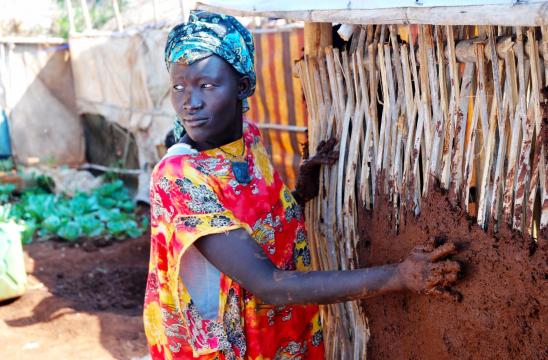
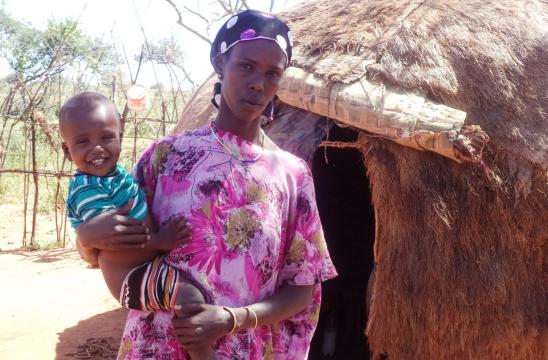
Location: Chercher Woreda, Southern Tigray
Number of projects:1
Sectors: Emergency Shelter & NFI, Food Security, Nutrition, Wash, Protection
Funding Partners: SIDA/Act Church of Sweden
Beneficiaries: Direct 11,000 (5,610 F) and Indirect 60,474 (30,842 F)
Location: Machiew town, Raya Alamata, Raya Azebo, and Raya Chercher Woredas, Adet, Naeder woreda and Central Zone of Tigray
Number of projects:1
Sector: Wash
Funding Partners: OCHA
